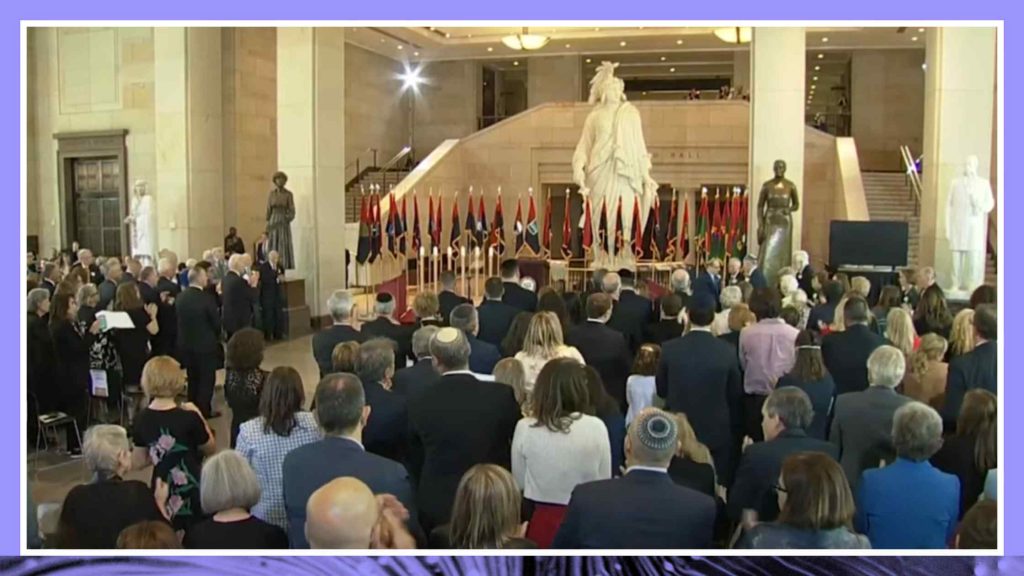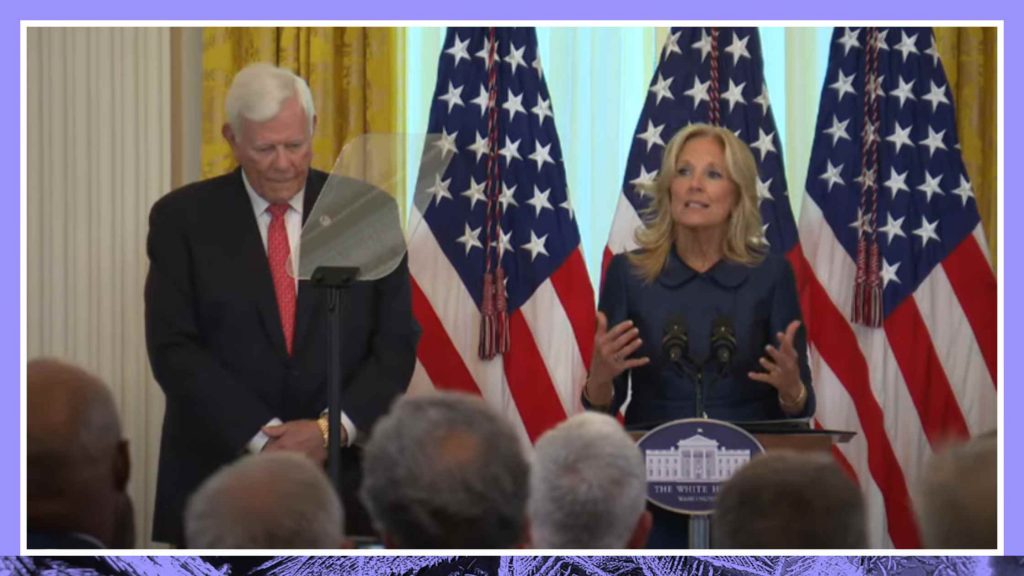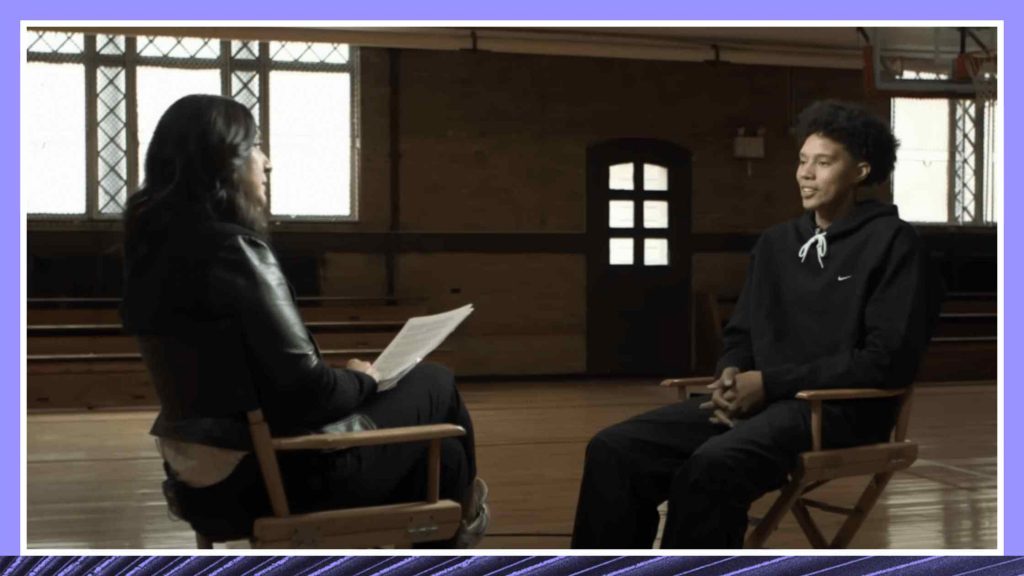Jan 3, 2024
Hamas Says its Deputy Leader Saleh al-Arouri Killed in Blast in Lebanon Transcript

Al-Arouri was the deputy head of Hamas’s political bureau and was known to be deeply involved in its military affairs. Read the transcript here.
Transcribe Your Own Content
Try Rev and save time transcribing, captioning, and subtitling.
Speaker 1 (00:00):
We start with a developing story this hour that Hamas says its Deputy Political Leader, Saleh al-Arouri has been killed in a blast in Beirut, the capital of Lebanon. Local media have described the explosion as an Israeli drone attack on the Hamas office in the south of the city. Reports say five other people were killed in the blast. Video footage shows a car in flames has damaged buildings in a busy residential area, which is known as a Hezbollah stronghold. Well, within the last hour, an advisor to the Israeli Prime Minister has said that Israel has not taken responsibility for that attack. But they say it was not an attack on the Lebanese state saying whoever did this, did a surgical strike against the Hamas leadership. While Hamas has blamed Israel for the strike, earlier I spoke to our correspondents in Jerusalem about the reaction from Israeli authorities.
Speaker 2 (00:54):
And we did reach out to them after local media, as you’ve mentioned Ben, attributed this blast to an Israeli drone attack. We reached out to the IDF who came back to the BBC and said they would not comment on reports from foreign media. We did get confirmation that Saleh al-Arouri, the deputy chairman of Hamas’s politburo, has been killed in this blast. And we have had reaction from Lebanon’s Caretaker Prime Minister Najib Mikati. He described the blast as a new Israeli war crime that aims to drag Lebanon into a new phase of the conflict, according to what he said. We also got this line just now from Mark Regev, an advisor to the Israeli Prime Minister Benjamin Netanyahu. He was speaking to the American network MSNBC and said that Israel did not take responsibility for the attack but, “Whoever did it, it must be clear that this was not an attack on the Lebanese state. Whoever did this, it was a surgical strike against the Hamas leadership.”Confirming there that a senior Hamas official has been killed in this blast.
(02:05)
I think it’s very significant and it’s worth pointing out who was killed, but also where he was killed. You refer to it, Saleh al-Arouri was killed in the Dahieh, the southern district, which is seen as a Hezbollah stronghold. Hamas and Hezbollah have a very close relationship. Saleh al-Arouri himself is very involved in Hamas’s military structure. He was one of the people that formed as the dean of Qassam brigades, the military wing of Hamas. So this is a very Hamas senior official right up in the politburo of the group killed in a Hezbollah stronghold.
Speaker 1 (02:44):
Yes. And Shaimaa, you mentioned this as well, there will be a lot of nervousness right now. And we’ve talked about this before, about the potential for this Israel, Gaza crisis to escalate beyond the borders of Gaza and Israel. And this could be a sense that that is happening. What do we know? And you touched on the response we’ve had, both from the IDF, but the authorities there about it being a targeted strike. But it will make a lot of people very nervous that this crisis is spreading.
Speaker 2 (03:13):
It will make a lot of people very nervous, especially of course in Lebanon. But look, if what you can read in Najib Mikati, he’s the Lebanese prime minister, he is accusing Israel of dragging Lebanon into this conflict. And also remember, as you say, Israel has not taken responsibility for this attack. But the timing of it, this comes as the northern border between Israel and Lebanon has been heating up quite a bit with a continued exchange of fire, with very, very strong rhetoric from the Israeli leadership. Whether it’s Benjamin Netanyahu or a war cabinet minister or the defense minister, they’ve all ratchet up the rhetoric that if Hezbollah is not going to be limited and pulled back from the border, that Israel was going to do it. We cannot draw a direct line between what’s happening on the border and this, but the timing of it makes this extremely volatile right now in the region.
Speaker 1 (04:11):
That’s Shaimaa Khalil there with the very latest on what we know so far.
Transcribe Your Own Content
Try Rev and save time transcribing, captioning, and subtitling.






